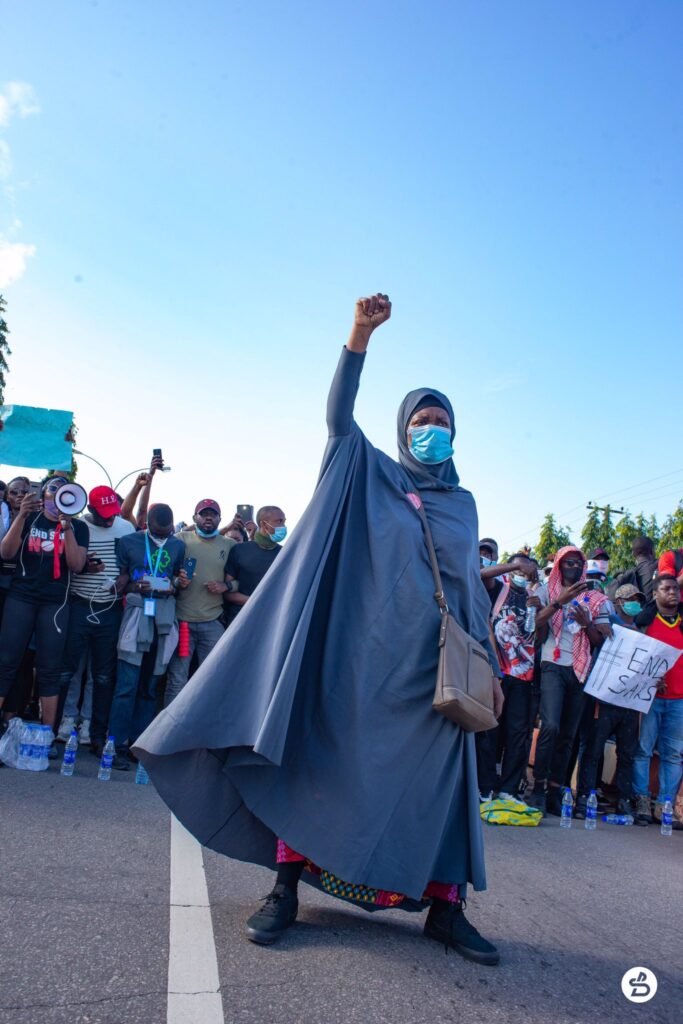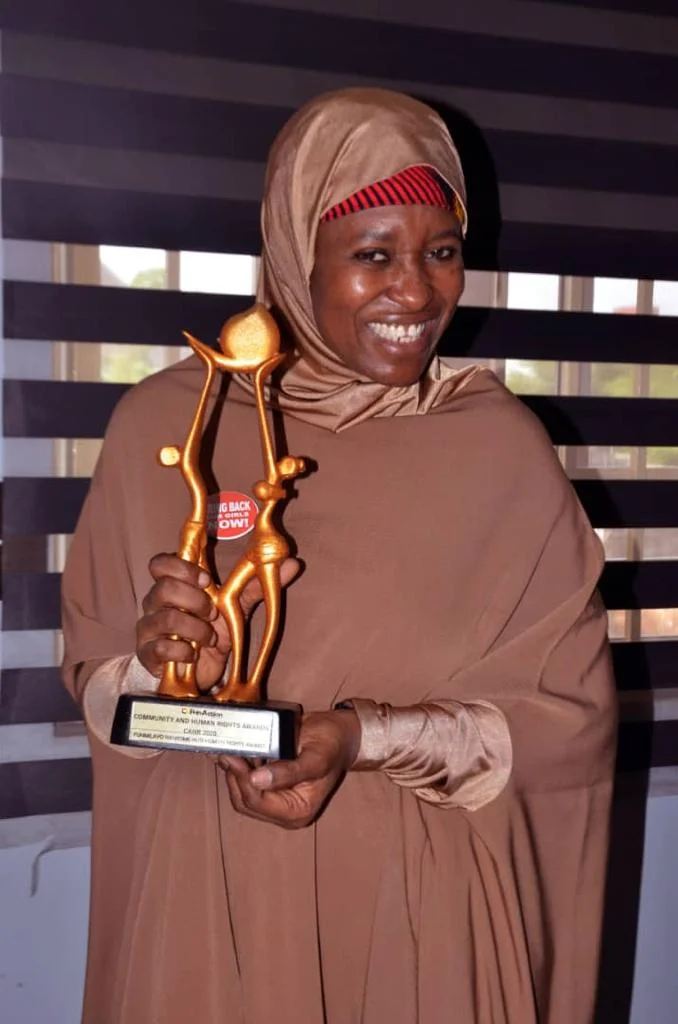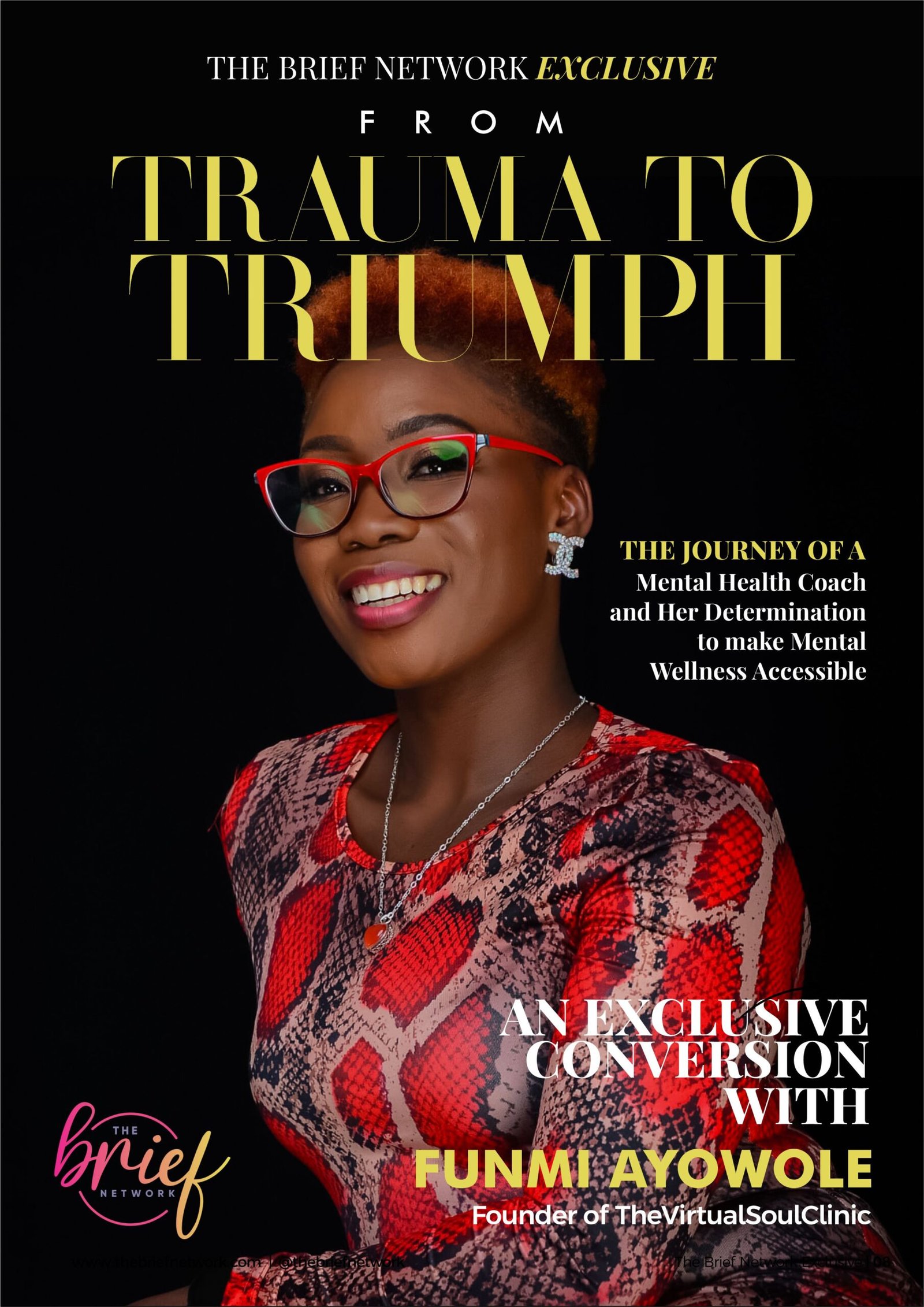
“One of them had pushed me and the raised hand might be what some saw as a slap. No, I wasn’t slapped and I refused to cower and I turned and gave them a piece of what I thought of their pathetic selves and if I am going to die, it would be with my fist high up and my mouth open”.
This is the kind of woman, Aisha Somtochukwu Yesufu is.
Fearless, determined, and dedicated. One could say that these three words sum up her life. From refusing to be married as a child, though born and raised in the north, to moving on to Ahmadu Bello University after her application to The Nigerian Defense Academy was rejected on the basis of her gender, Aisha has never been one to back down from a challenge.
The Guardian 2016 wrote of Mrs Yesufu “Often maligned for her stance on national issues in Nigeria by pro-government voices, she is not a run-of-the-mill activist. Her penchant for naming names has earned her truckloads of enemies, and perhaps, admirers”.
Her major public activism move started after the Chibok Girls Abduction in 2014, by the nefarious sect, Boko Haram. She teamed up with Oby Ezekwesili, former minister of Solid Minerals of Nigeria, and started the #bringbackourgirls movement to advocate for their rescue.
In october 2020, Aisha shows up again, more daring than ever. She stands, fist high, face to face with armed officials, at the fore front of #EndSars protests, a movement that seeks to end Police Brutality & Injustice.

Since then, anywhere the #EndSars movement is mentioned, a photo of Aisha Yesufu poised in her hijab, has become the iconic symbol.
Aisha Somtochukwu has many acclaims to her name. Namely: The Martin Luther King Award, BBC’s 100 women in 2020, Top 100 Most Influential Africans by New African magazine in 2020. Reputation Poll International (RPI) also named her as one of the 14 Nigerians made the list of ‘100 most reputable Africans, in 2023.



